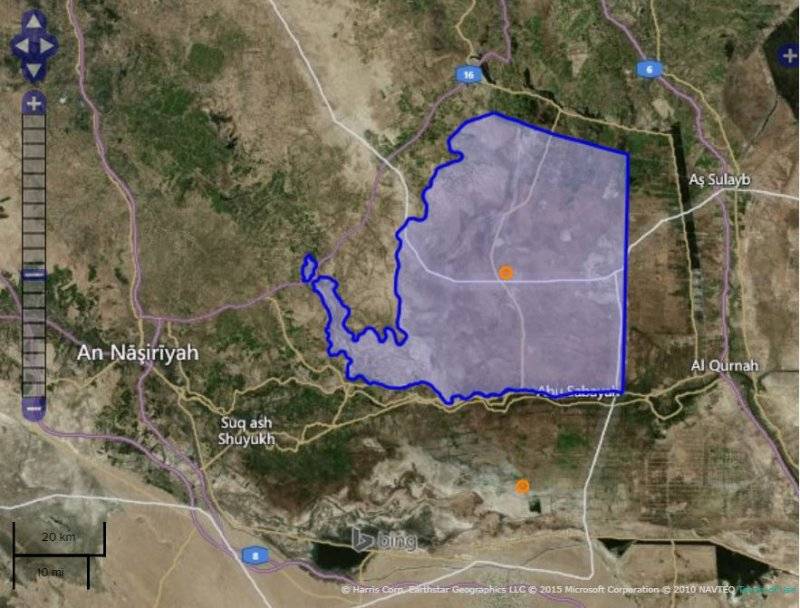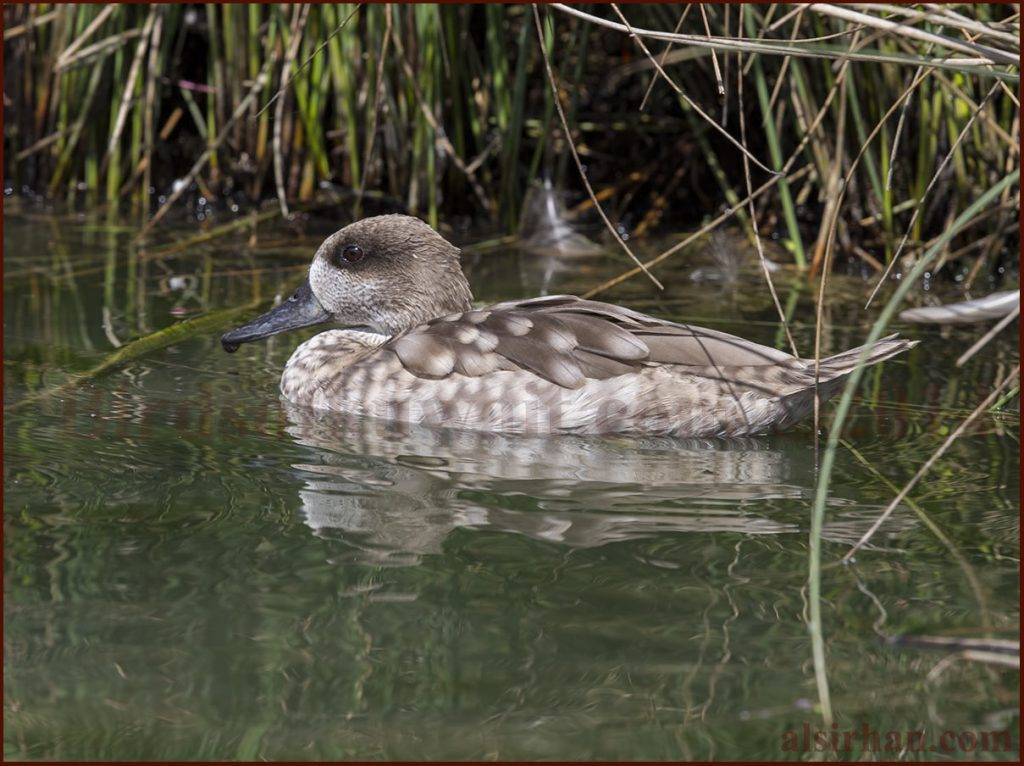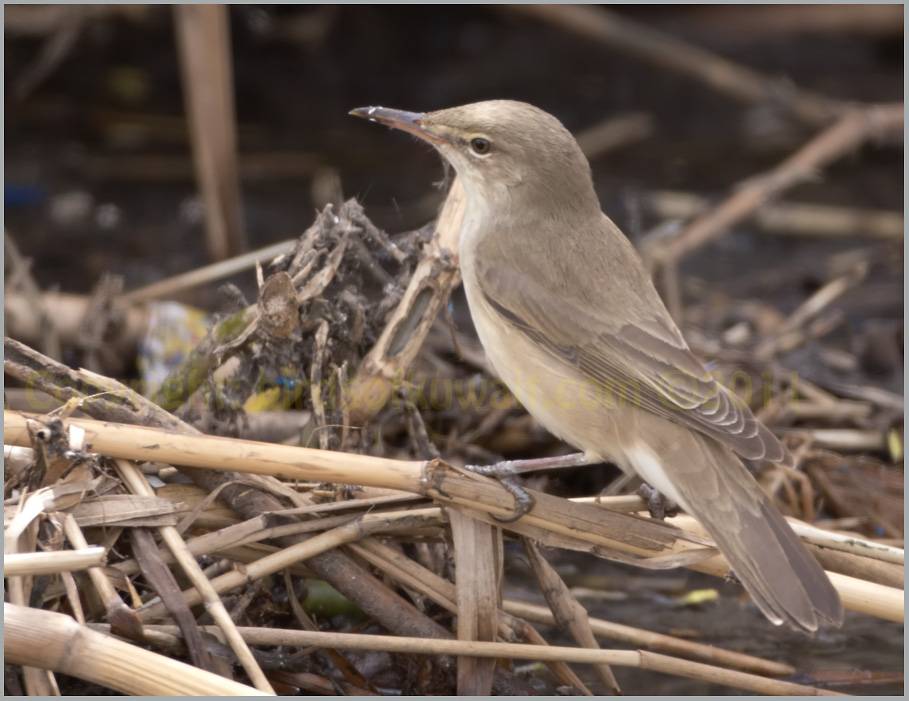
OSME has received the welcome news that the Government of Iraq has recently designated the Central Marshes and the Hammar Marsh in the southern part of the country as Wetlands of International Importance (‘Ramsar Sites’) under the Ramsar Convention on Wetlands. These two marshes, together with the existing Hawizeh Marsh Ramsar Site, form the last remnants of the once extensive, lush and richly diverse Mesopotamian Marshlands in southern Iraq.
The marshes are also referred to as the “Garden of Eden”, or the “Cradle of Civilization”, since their history goes back as far as the 4th millennium BC when the first literate societies appeared. The Mesopotamian Marshes were once entirely populated by the Marsh Arabs, who used to build their floating islands and reed houses in the marshes, developing entire villages linked by a network of channels. Not only is the area of extraordinary historical and cultural value, but it also provides a range of internationally and regionally important ecosystem services.

The marshes serve as an important staging and wintering site for a number of globally threatened birds such as the Basra reed warbler (Acrocephalus griseldis), the marbled duck (Marmaronetta angustirostris), and the greater spotted eagle (Aquila clanga). The marshes also support the endangered Euphrates softshell turtle (Rafetus euphraticus) and the vulnerable smooth-coated otter (Lutrogale perspicillata).
In the past, the important services provided by the marshes were disrupted or degraded by extensive draining that began in the 1950s and accelerated in the 1990s because of land reclamation and war. Restoration has been carried out since 2003, but has not been able to completely re-flood the marshes to their original extent due to declining rainfall and the construction of dams. As a result less water has been entering Iraq through Tigris and Euphrates rivers. In the recent years the conditions of marshes have worsened also due to severe droughts.

By adding all the major wetlands that form the Mesopotamian Marshes into the List of Wetlands of International Importance, the Government of Iraq has signalled its long-term commitment to restore the marshes and the vital ecosystem services they provide to the communities and the world.
Further details about the Central Marshes Ramsar Site see https://rsis.ramsar.org/ris/2241 and for more information about the Hammar Marsh Ramsar Site see https://rsis.ramsar.org/ris/2242
